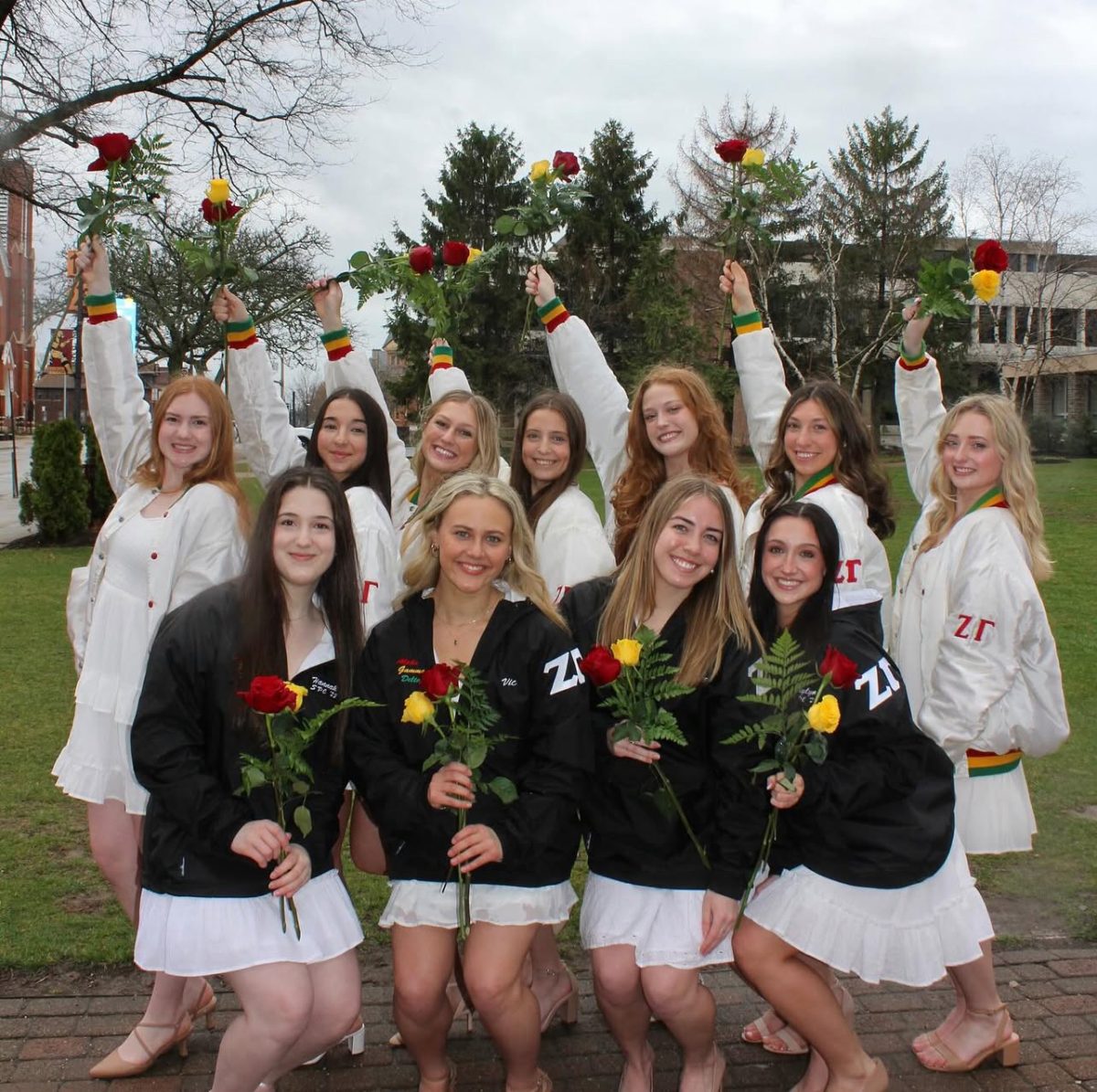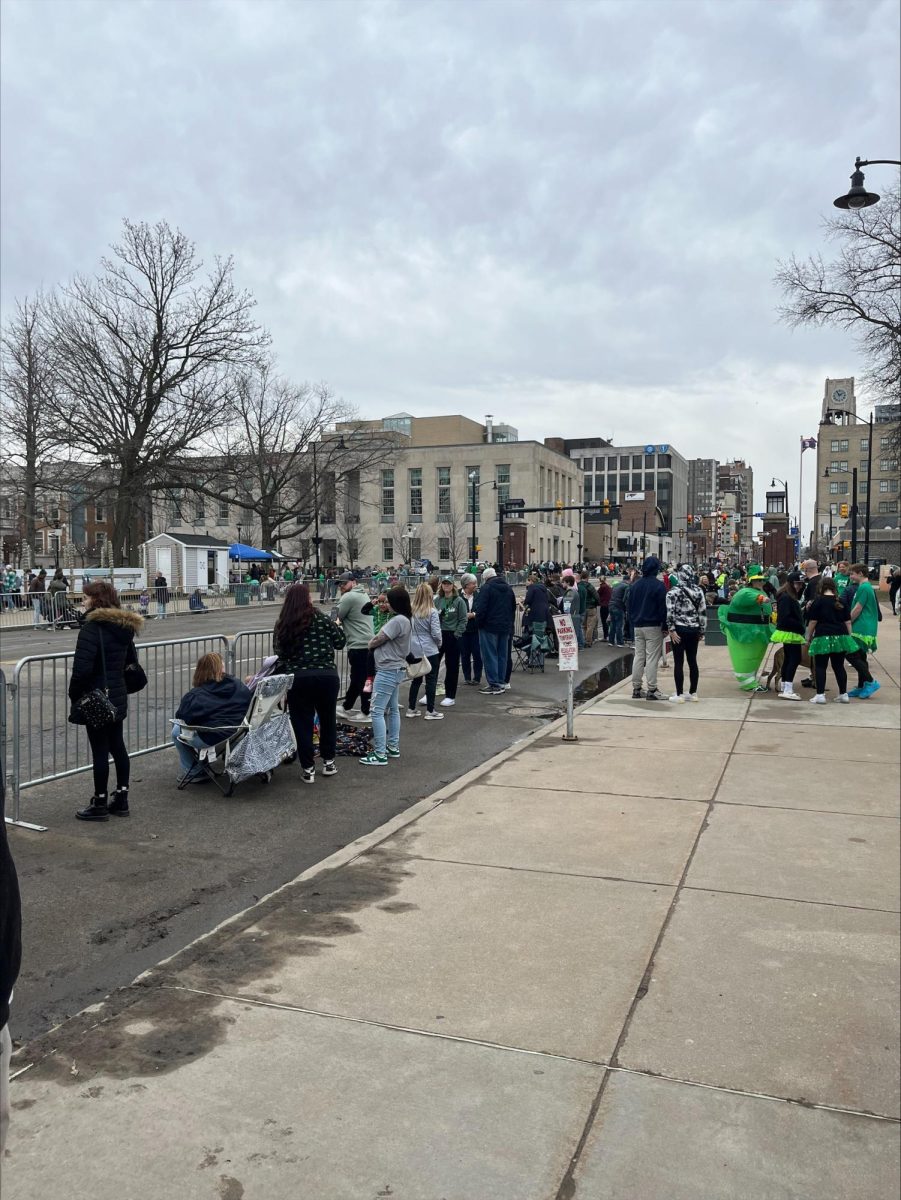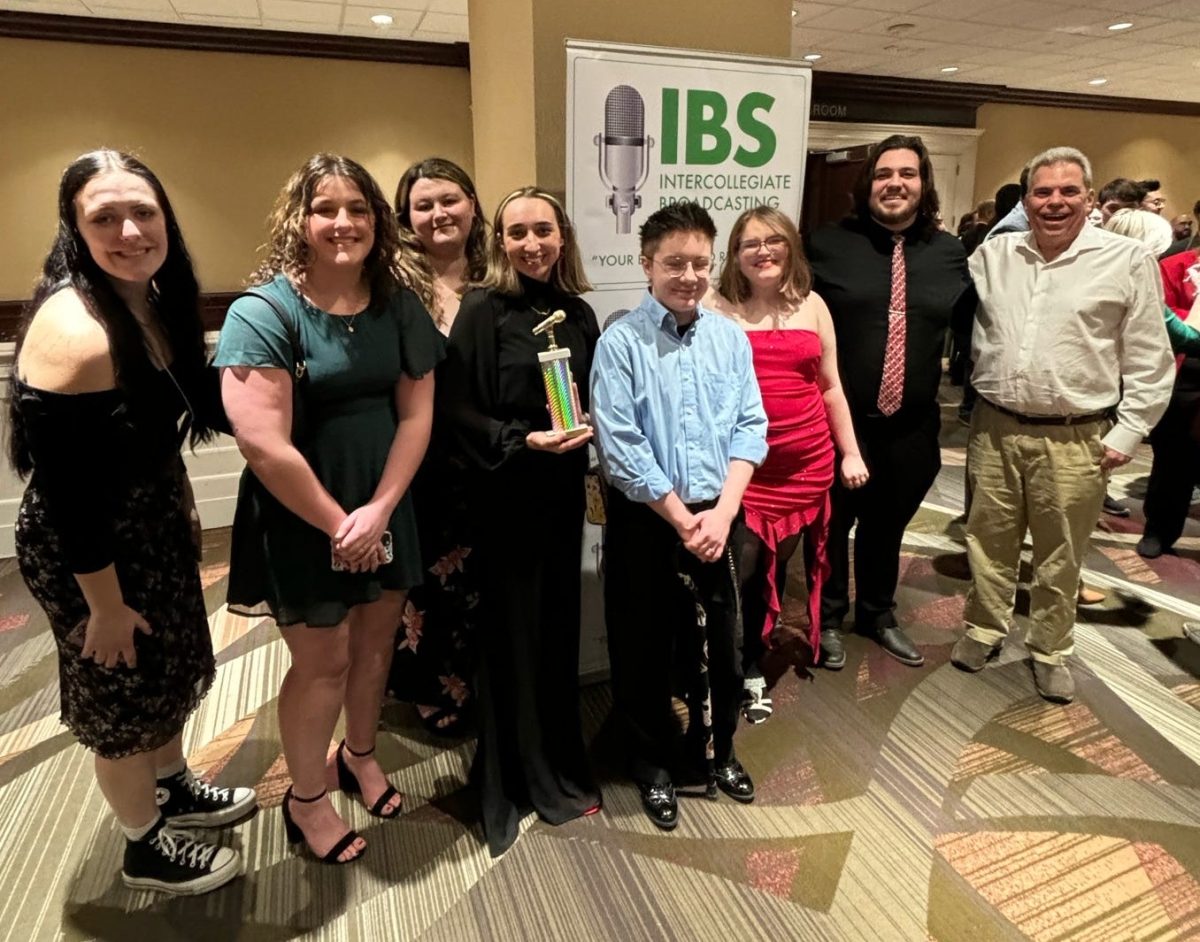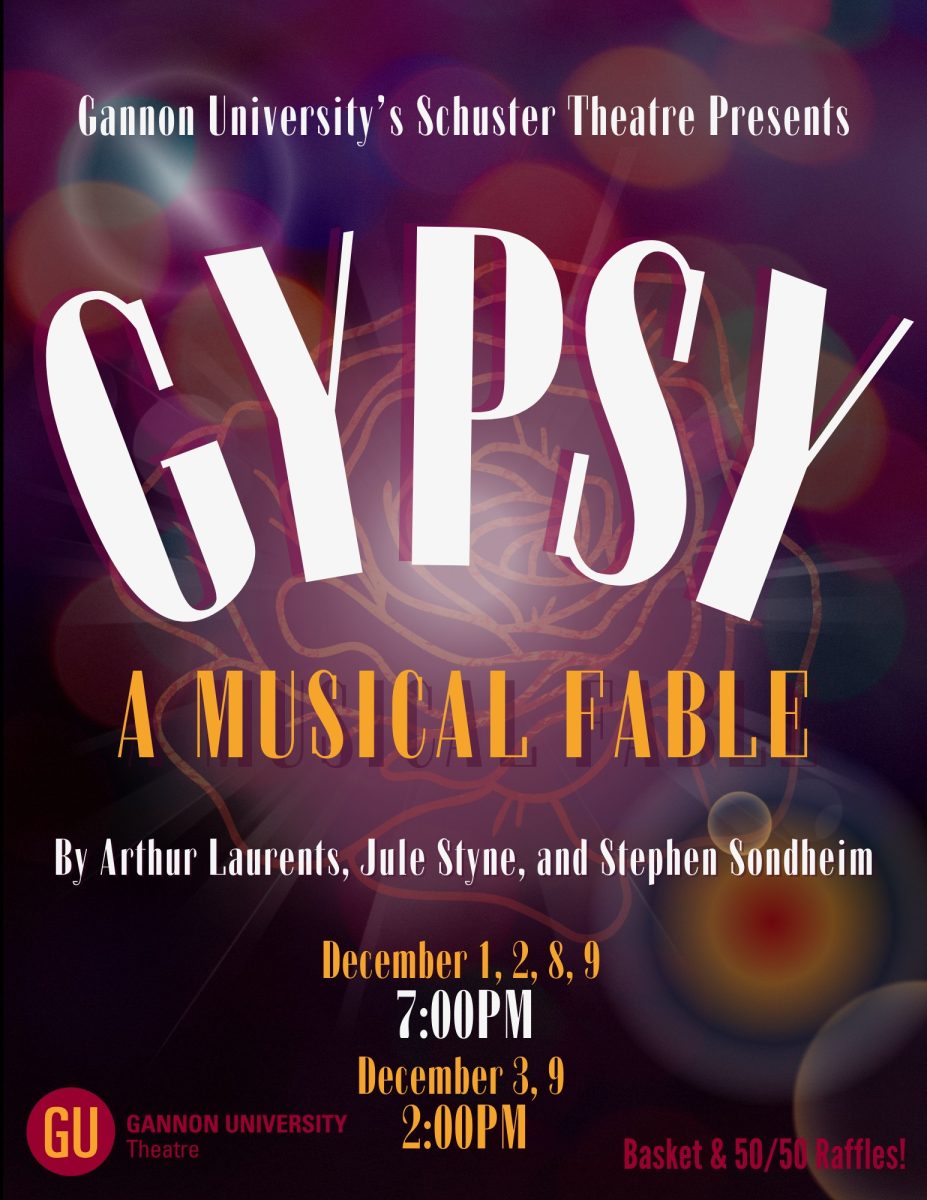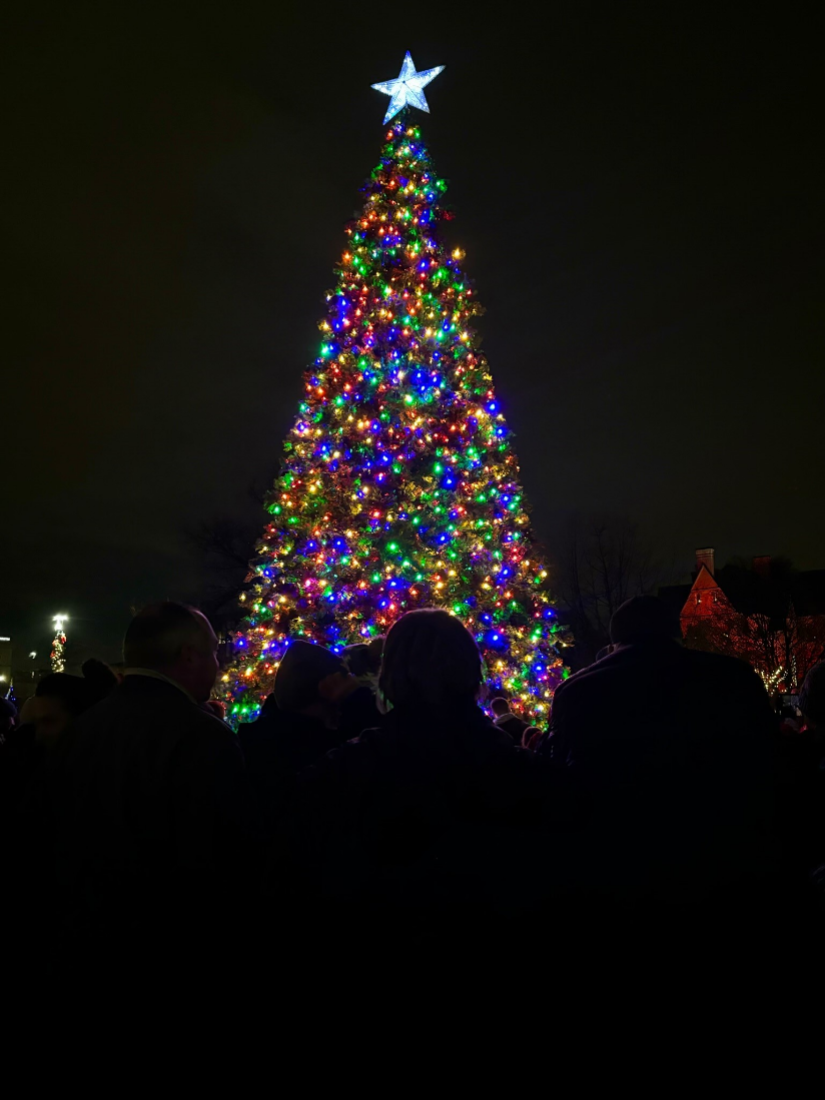Gannon University is displaying a traveling exhibit in the Nash Library that outlines our nation’s freedom concepts from founding until 1968.
The exhibit, titled “Freedom: A History of US,” features a dozen panels that examine the promises of freedom and the hypocrisy and oppression that surrounded and continues to surround those promises.
The exhibit came to Gannon from Gilder-Lehrman Institute in New York City and is part of a group of presentations that focus on the theme of freedom. The College of Humanities, Education and Social Sciences is sponsoring the series.
“It is the keystone around which all the other events orbit,” Jeff Bloodworth, Ph. D., a professor in Gannon’s history program and interim co-director of the School of Public Service and Global Affairs, said of the library exhibit. Bloodworth is on the committee that was responsible for bringing the exhibit to campus.
The exhibit is free and will remain available for viewing through Monday.
Earlier in the semester Diane Nash, a civil rights activist, came to campus. Nash led the student wing of the movement. She also gave a great talk to a standing-room-only audience in the Yehl Ballroom at Gannon.
The current exhibit, which opened Sept. 25, consists of 12 freestanding panels that outline important figures, events and key documents in our understanding of the evolution of freedom.
“I know it was partially inspired by the really positive experience we had with the ‘Deadly Medicine’ exhibit a few years ago,” Ashley Lawson, a secretary at Gannon, said.
“We wanted something else that could be part of the Freedom series but was also readily available to the Erie community as a whole.”
The timeline begins with the founding of our country in 1776 and outlines critical information up until 1968. It contains information that stresses the concept that freedom is not free.
The oppression of African-Americans as slaves, women’s right to vote and workers’ fight for equitable wages are some of the things outlined in the exhibit.
The exhibit breaks down a large amount of information into segments that hold crucial information showing the timeline of pivotal moments in our nation’s history.
Photos of actual documents such as a telegram sent by Abraham Lincoln to Ulysses S. Grant on June 15, 1864, expressing his confidence in Grant’s plan to end the war can be seen on one of the panels.
Another panel tells of Phillis Wheatley, born in Africa and enslaved in Boston as a child. She published a book of poetry in 1773. Many of the poems she wrote talk about her enslavement and freedom.
One of her poems can be seen on the panel titled “The Founding Era” in the beginning of the display.
A sign at the end of the exhibit thanks visitors for attending and asks them to take a photo in front of the panel that they find most important and made them think about what freedom means.
Visitors are asked to tag Gannon on Instagram and let viewers know why they chose that panel of information.
ANN KASPICK




